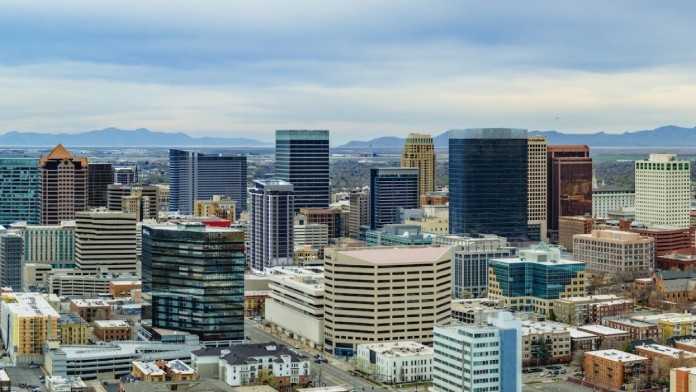Expert Insights
It’s easy to see the impact of the opioid epidemic across the country, but we often don’t see the impact in rural communities. In Utah, opioids are responsible for eight out of ten drug overdose deaths, and many of them happen in rural Utah. As someone who has heard many stories of people in rural communities living in poverty and losing their lives to addiction, I was relieved to see that something is being done. I learned that the University of Utah College of Nursing in Salt Lake City and the School of Medicine will join forces with seven healthcare providers to improve opioid addiction treatment and increase prevention efforts. This four-year, $2 million effort will tackle rural areas of Utah as they are the most underserved and disproportionately impacted by opioid addiction.
~ Olivia Pennelle



